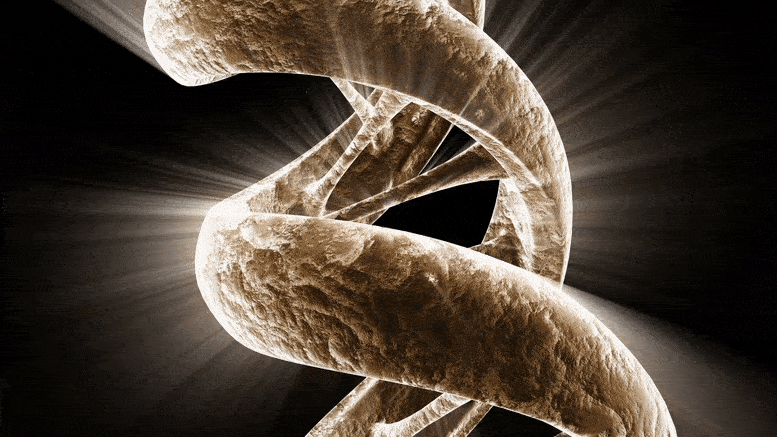
Epidemiological data have long linked depression with Alzheimer’s disease (AD), a neurodegenerative disease characterized by progressive dementia that affects nearly 6 million Americans. Now, a new study identifies common genetic factors in both depression and AD. Importantly, the researchers found that depression played a causal role in AD development, and those with worse depression experienced a faster decline in memory. The study appears in Biological Psychiatry, published by Elsevier.
Co-senior author Aliza Wingo, MD, of Emory University School of Medicine, Atlanta, USA, said of the work, “It raises the possibility that there are genes that contribute to both illnesses. While the shared genetic basis is small, the findings suggest a potential causal role of depression on dementia.”
The authors performed a genome-wide association study (GWAS), a technique that scans the entire genome for areas of commonality associated with particular conditions. The GWAS identified 28 brain proteins and 75 transcripts – the messages that encode proteins – that were associated with depression. Among those, 46 transcripts and 7 proteins were also associated with symptoms of AD. The data suggest a shared genetic basis for the two diseases, which may drive the increased risk for AD associated with depression.
Although previous studies had examined AD and depression using GWAS, the current work was made more powerful by using larger, newly available data sets that revealed more detailed information.
“This study reveals a relationship between depression and Alzheimer’s disease and related dementia at the genetic level,” said co-senior author Thomas Wingo, MD. “This is important because it may explain, at least in part, the well-established epidemiologic association between depression and higher risk for dementia.”
Dr. A. Wingo added, “This relationship raises the question of whether treatment of depression can mitigate the risk for dementia. We identified genes that may explain the relationship between depression and dementia here that merit further study. Such genes may be important treatment targets for both depression and reduction of dementia risk.”
“The costs of ineffectively treated depression continue to mount. There has been increasing evidence that major depressive disorder increases the risk for Alzheimer’s disease, but little insight into this relationship,” John Krystal, MD, Editor of Biological Psychiatry, said. “This innovative study, which links genetic risk mechanisms to molecular changes in the brain, provides the clearest link to date supporting the hypothesis that depression plays a causal role in the biology of Alzheimer’s disease.”
This does not mean that if one has an episode of depression that dementia is an inevitable result. Instead, it suggests that ineffectively treated depression may aggravate the biology of Alzheimer’s disease, potentially hastening the onset of symptoms and increasing the rate of functional decline.”
Reference: “Genetic Evidence Supporting a Causal Role of Depression in Alzheimer’s Disease” by Nadia V. Harerimana, Yue Liu, Ekaterina S. Gerasimov, Duc Duong, Thomas G. Beach, Eric M. Reiman, Julie A. Schneider, Patricia Boyle, Adriana Lori, David A. Bennett, James J. Lah, Allan I. Levey, Nicholas T. Seyfried, Thomas S. Wingo and Aliza P. Wingo, 16 December 2021, Biological Psychiatry.
DOI: 10.1016/j.biopsych.2021.11.025


0 Comments